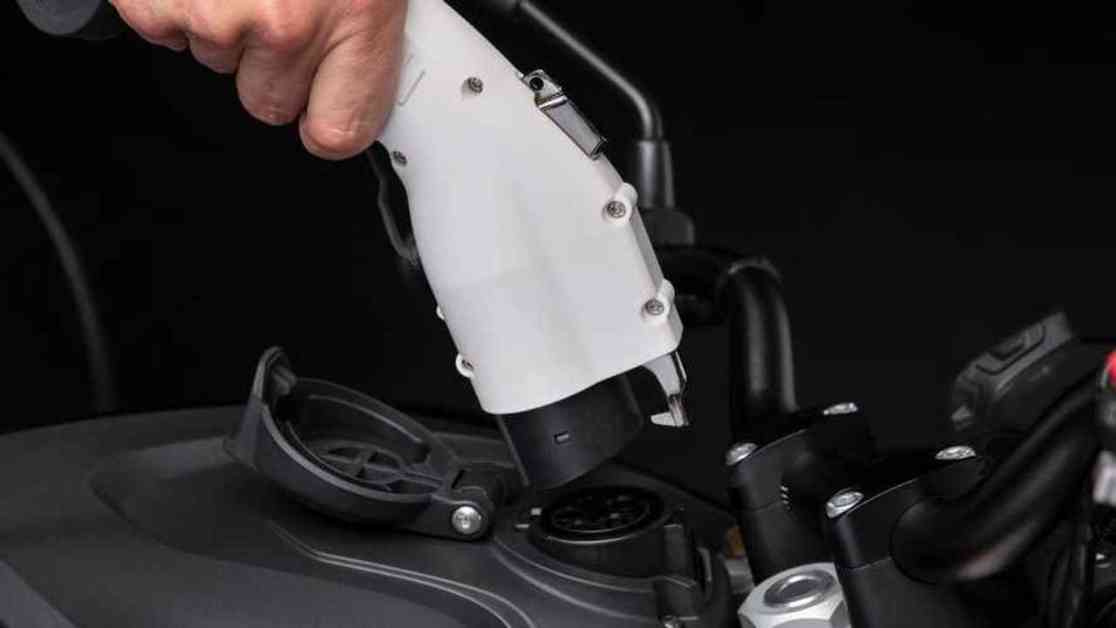Every so often, a new technological innovation emerges that has the potential to revolutionize the entire mobility industry. In the past, advancements such as electrification, hybrid systems, and hydrogen power have made waves. Now, with electric vehicles (EVs) taking center stage, much of the focus is on battery technology. Among the various battery technologies being explored, solid-state batteries have become a particularly hot topic of discussion.
For years, battery manufacturers have been striving to develop a reliable and efficient solid-state battery. These batteries offer three key advantages: increased energy density, enhanced safety, and longer lifespan. Companies like ProLogium have been at the forefront of developing solid-state EV batteries.
In terms of energy density, solid-state batteries have the potential to offer up to 100% more energy density than traditional lithium-ion cells. This increased energy density is especially beneficial for smaller EVs like electric motorcycles, where battery packaging is a critical factor. Additionally, solid-state batteries are considered safer due to their solid-state design, which eliminates the risk of leakage or toxic gas emissions. These batteries also have a higher heat tolerance and greater thermal stability.
Another significant advantage of solid-state batteries is their extended lifespan. Some solid-state batteries can be charged up to five times more than lithium-ion batteries, resulting in a longer-lasting power source for EVs. This means that EVs equipped with solid-state batteries would require less frequent battery maintenance compared to those with lithium-ion batteries.
Despite the promising benefits of solid-state batteries, there has been skepticism surrounding their viability. However, solid-state battery technology is already available for purchase, as demonstrated by the Yoshino Power Station featured in an article by Jalopnik. This portable power station may not be directly related to EVs, but it showcases the potential of solid-state batteries for practical applications.
YouTuber Matt Ferrell has provided an in-depth review of the Yoshino Power Station, highlighting its reliability for camping and emergency situations. While the benefits of solid-state batteries may not be immediately apparent in smaller units, they become more significant in larger capacities. For example, the largest Yoshino power station with a 4,000-watt output weighs less than half of its competitors, indicating substantial weight savings.
When applied to EVs, solid-state batteries could lead to significantly lighter vehicles, improving efficiency, range, driving experience, and overall performance. While it may take a few more years for solid-state battery technology to be widely adopted in commercial EVs, it is clear that this is the direction in which the industry is heading.
In conclusion, solid-state batteries hold great promise for the future of electric vehicles. With their superior energy density, safety features, and extended lifespan, these batteries have the potential to reshape the EV landscape. As technology continues to advance, solid-state batteries could indeed be the turning point for EVs in the future.












